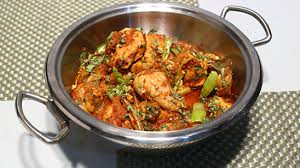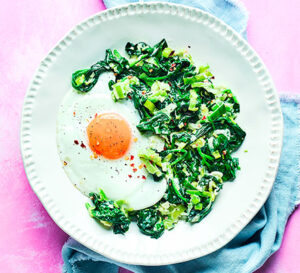Introduction
Corn is one of the most widely consumed and versatile vegetables in the world. It is a staple food in many countries and is often used in a variety of dishes, including soups, stews, salads, and snacks. Corn is also a rich source of essential nutrients and has numerous health benefits. In this article, we will explore the benefits of corn vegetable in detail and discuss why it should be a part of your diet.
Nutritional Profile of Corn
Corn is a nutrient-dense vegetable that contains a wide range of essential vitamins and minerals. Here is a breakdown of the nutritional content of one cup (166 grams) of cooked corn:
- Calories: 143
- Carbohydrates: 31 grams
- Fiber: 3.9 grams
- Protein: 4.7 grams
- Fat: 2.1 grams
- Vitamin C: 17% of the Daily Value (DV)
- Thiamin (Vitamin B1): 24% of the DV
- Niacin (Vitamin B3): 20% of the DV
- Folate (Vitamin B9): 19% of the DV
- Pantothenic acid (Vitamin B5): 14% of the DV
- Vitamin B6: 13% of the DV
- Magnesium: 11% of the DV
- Phosphorus: 10% of the DV
- Potassium: 10% of the DV
- Iron: 5% of the DV
- Zinc: 5% of the DV
Corn is also a good source of antioxidants, including lutein and zeaxanthin, which are beneficial for eye health.
Health Benefits of Corn
-
Promotes Digestive Health
Corn contains a high amount of dietary fiber, which is essential for maintaining digestive health. Fiber helps to prevent constipation, reduces the risk of colon cancer, and promotes the growth of healthy gut bacteria. The insoluble fiber in corn also helps to bulk up stool and promote regular bowel movements.
-
Supports Weight Loss
Corn is a low-calorie vegetable that can be a great addition to a weight loss diet. It contains a high amount of dietary fiber, which can help to keep you feeling full for longer periods and prevent overeating. Corn also contains a variety of vitamins and minerals that are essential for maintaining good health, including vitamin C, vitamin B6, and magnesium.
-
Boosts Immune System
Corn is rich in vitamin C, which is a powerful antioxidant that can help to boost the immune system. Vitamin C helps to protect cells from damage caused by free radicals and can also help to reduce the severity of colds and flu. Corn also contains other essential nutrients, including vitamin B6, folate, and iron, which can help to support a healthy immune system.
-
Reduces Risk of Anemia
Anemia is a condition caused by a lack of red blood cells or hemoglobin in the blood. Corn is a good source of iron, which is essential for the production of red blood cells. Eating corn regularly can help to prevent iron deficiency anemia and improve overall blood health.
-
Promotes Eye Health
Corn contains a high amount of lutein and zeaxanthin, which are important antioxidants for maintaining good eye health. These antioxidants help to protect the eyes from damage caused by ultraviolet light and may also help to prevent age-related macular degeneration and cataracts.
-
Lowers Cholesterol
Corn is a good source of soluble fiber, which can help to lower cholesterol levels in the blood. Soluble fiber binds to cholesterol in the digestive system and prevents it from being absorbed into the bloodstream.





























